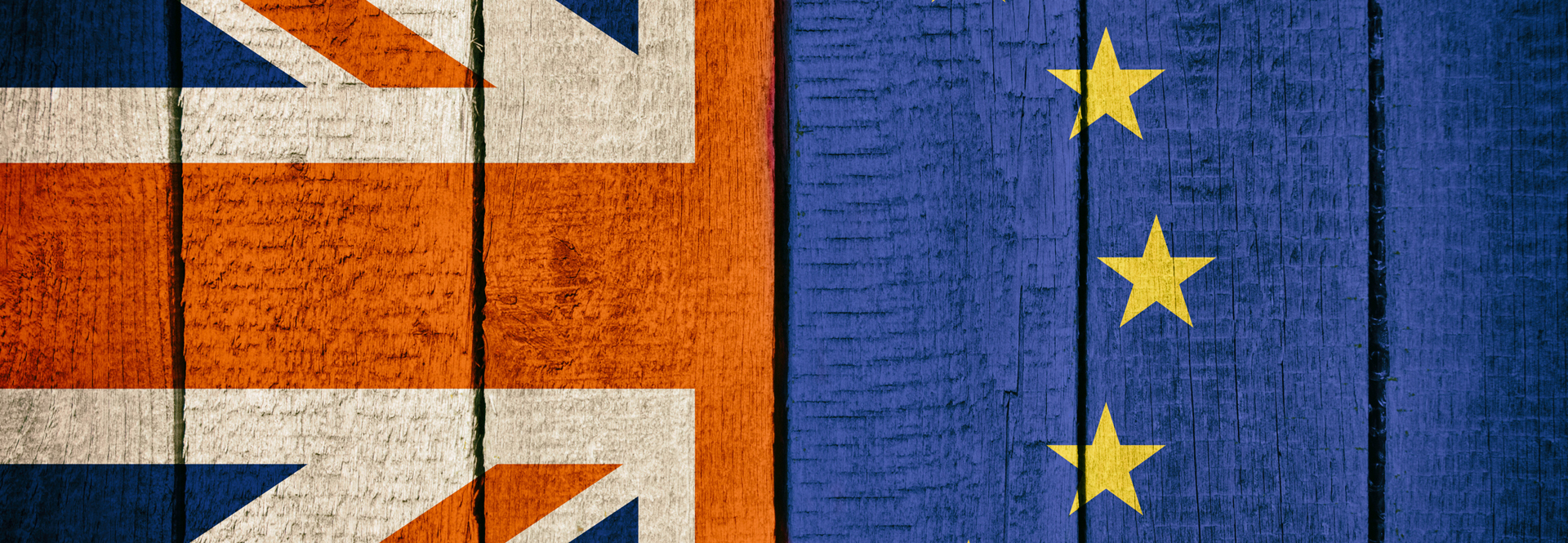“Given the chaos of the last few months, we can’t take anything for granted regarding Brexit’s outcome. Here’s the advice that the experts think will prepare you for anything.”
Two and a half years of negotiating later, Brexit is just around the corner. That makes it all the more worrying that we don’t really know what it will look like. We’ve seen a number of developments in recent weeks, including the repeated voting down of Mrs. May’s deal (the only deal the EU is willing to accept) and millions of people signing the most popular government petition in history asking UK lawmakers to revoke Article 50 (the trigger that will officially kick off Brexit).
What happens next might be up in the air. But thankfully, experts at the Timber Trade Federation (TTF), the Forestry Commission (FC) Plant Health Department, and other stakeholders have been quick to offer guidance about what to expect in a worst-case no deal scenario. Here’s what you need to know:
On day one of a no deal Brexit, DEFRA policy advisor Matthew Casey says there will be “no change to imports of plants and plant products from third countries and unregulated imports from the EU”. That’s because these goods aren’t imported on the EU plant passport regime, which Britain will lose access to in the event of a hard Brexit. Goods currently regulated by the EU plant passport regime will also be available – although importers will have to get new certification and jump through more regulatory hoops. Exporters will face similar hurdles getting timber out of the UK.
There is no doubt that this could have one obvious knock-on effect: that supply chains become sluggish. Border checks and paperwork could hold up shipments at the dock. Another issue for the UK timber market could be higher prices, as if the UK leaves the EU without a deal, it will revert to trading with the bloc under World Trade Organisation rules – this means the imposition of tariffs, the impact of which merchants will probably have to pass on to consumers. If a weaker pound also conspires to give Brits less international purchasing power, those higher prices could sting a bit.
There is some good news though: even in this worst-case scenario, you should still be able to get hold of the same variety and quality of timber that we’ve been proud to supply you with to date. That’s because DEFRA (the governmental agency most affected) will work hard to maintain standards. Theresa Coffey, the group’s parliamentary under-secretary of state, said:
“When the UK leaves the EU, the Withdrawal Bill will make sure the whole body of European environmental law continues to have effect in UK law. That [includes] two regulations that the UK timber sector played a great role in shaping: the European Union Timber Regulation and the Forest Law Environment Governance and Trade Regulation. We are committed to supporting sustainable and legal timber and forest industries and recognise the value of the EUTR and the EU FLEGT initiative in assuring this.”
This, of course, is all worst-case stuff. If you factor in the possibility of some kind of deal, things look far more like they do today. But whatever the eventuality, you can be sure of one thing: Quercus remains committed to bringing you a variety of top quality, ethically sourced timbers at the best price possible. If you want to know more about it – or even stock up in case of a hard Brexit – you can contact us on 0845 50 50 311.

